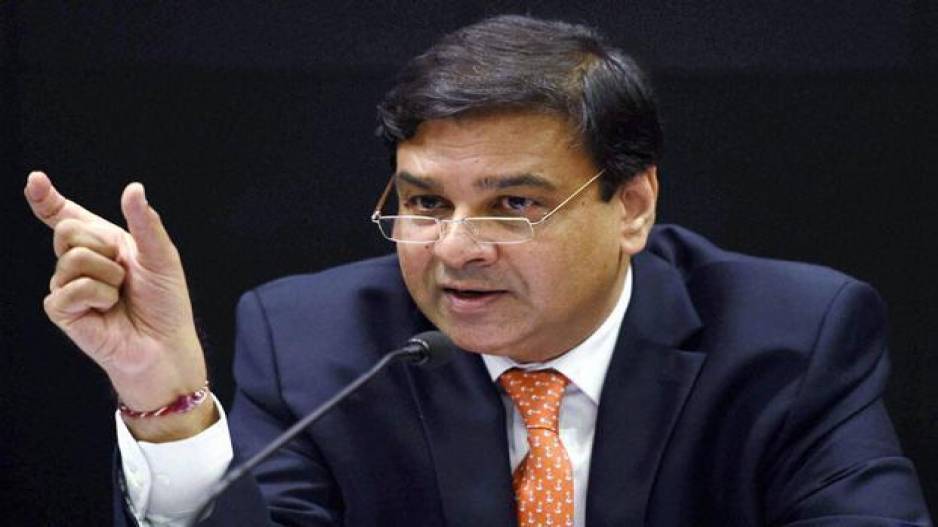Recommended Stories
Mumbai: The Reserve Bank of India's Monetary Policy Committee had turned down the Finance Ministry's invite for a discussion ahead of the panel's policy review meeting on Wednesday, RBI Governor Urjit Patel has disclosed.
The RBI maintained its key interest rate at 6.25 per cent for its fourth successive monetary policy review, dashing the government's hopes of a reduction.
"Regarding the Finance Ministry's invitation for a meeting with the MPC...all the MPC members declined the request of the Finance Ministry," Patel told reporters here following the announcement of the second bi-monthly monetary policy review of the fiscal.
Patel did not specify as to when the invitation had come from the Finance Ministry. Patel was asked if the ministry invite was an assault on the independence and autonomy of the RBI. The committee did not accept the invite, he added.
Since the six-member MPC started setting rates in October last year, this was the first time it did not take a unanimous decision, with five members voting in favour of holding the rate and one opposing.
Three of the six members of the MPC are government nominees, while the others are from the RBI.
Wednesday's RBI decision to stay the lending ratecomes after latest official data showed a significant fall in both retail inflation as well as the country's economic growth rate in the fourth quarter of the last fiscal, impacted by demonetisation, which had raised hopes for a rate cut.
Government sources said that there is unhappiness in official circles about the way the MPC has resisted relaxing rates for a period that has extended over six months now.
Announcing the status quo on the key interest rate, Patel said the abrupt fall in inflation in April "from the firming trajectory that was developing in February and March has raised several issues that have to be factored into the inflation projections".
"Risks are evenly balanced, although the spatial and temporal distribution of the monsoon and the government staying the course in effective food management will play a critical role in the evolution of risks."
"The risk of fiscal slippages, which, by and large, can entail inflationary spillovers, has risen with the announcements of large farm loan waivers," he added.
The change in the RBI's monetary policy stance from "accommodative" to "neutral" made at the February review is also being regarded in official circles as a hardening of the apex bank's conservative and risk-averse approach.













